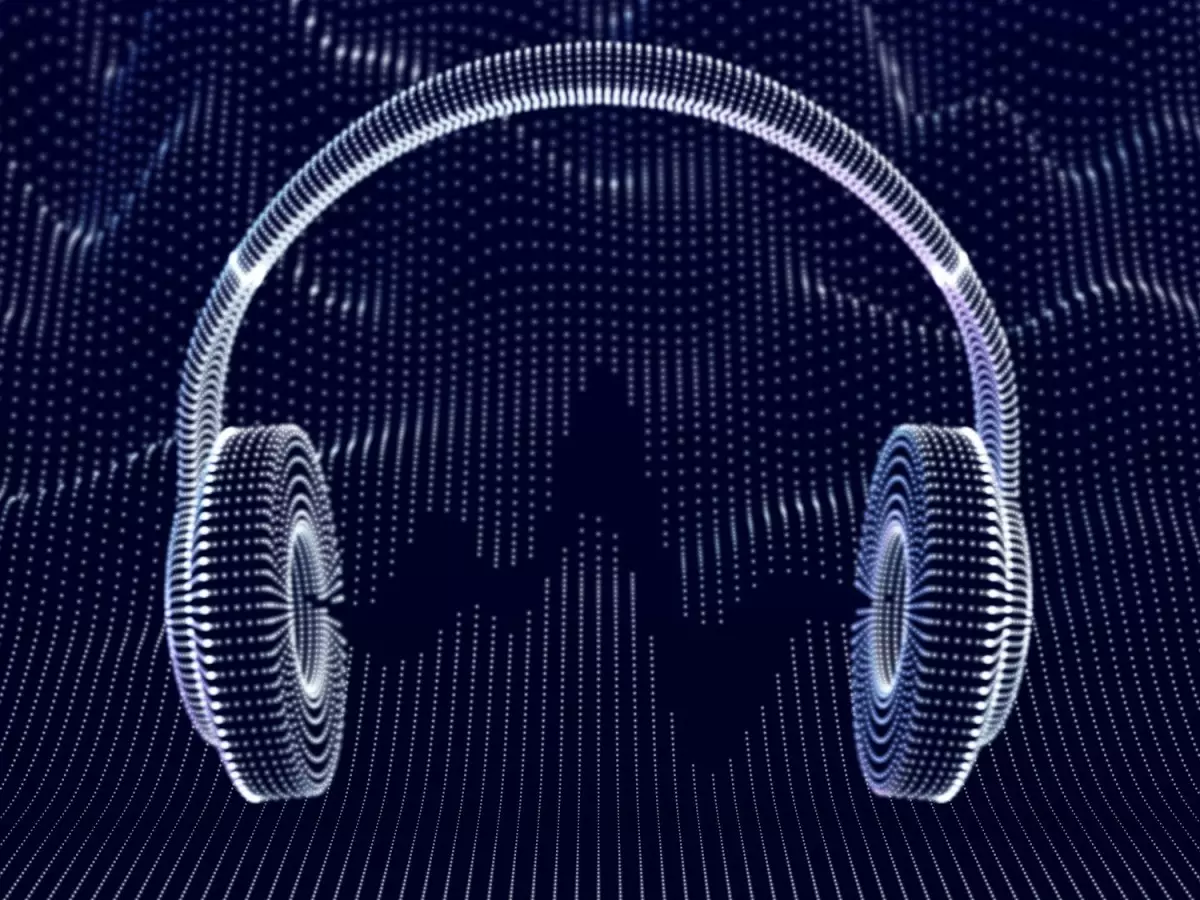The U.K. government is leaping into ambitious plans aimed at integrating artificial intelligence (AI) throughout the nation. Yet, this transformative vision is met with resistance from a group of artists who are voicing their concerns over impending changes to copyright law. On a recent Monday, 1,000 musicians orchestrated a distinct form of protest by releasing a “silent album.” This album, provocatively titled “Is This What We Want?”, serves as a metaphorical outcry against legislative changes that may allow AI companies to exploit copyrighted materials without compensating the creators.
With contributions from a myriad of notable artists—including the iconic Kate Bush and experimental composer Imogen Heap—the project highlights a disconcerting shift in the creative landscape. The musicians deliberately chose to record empty performance venues rather than producing traditional music tracks, presenting a reticent but powerful image of potential future scenarios where art and creativity face dire threats. Each track on this album directly points to the message: “The British government must not legalize music theft to benefit AI companies.”
This silent protest is far from an isolated incident; it is part of a larger movement advocating for artists’ rights in the face of evolving technological landscapes. Ed Newton-Rex, the mastermind behind this poignant protest, has mobilized a grassroots movement that has garnered over 47,000 signatures from writers, actors, visual artists, and various members of the creative community. The timing is crucial; as the U.K. government advances its AI strategy, the urgency to safeguard artistic copyright has never been more palpable.
The backbone of Newton-Rex’s activism lies in his experience straddling both sides of the AI spectrum. Having founded Jukedeck—a platform that enabled users to create AI-generated music while circumventing copyright issues—he now recognizes the grave implications of unresolved copyright concerns as AI technology progresses. His initiative seeks to combat a dangerous precedent where artists may unwittingly sacrifice their rights and livelihood in order to accommodate an AI-driven future.
The U.K. government’s proposal to facilitate AI development essentially allows companies to use artistic content without repercussions. Creators who wish to prevent their work from being utilized would have to opt out deliberately, a system that experts like Newton-Rex argue is futile. As he points out, history shows that opt-out mechanisms are seldom effective, predicting that 90-95% of artists will find their work unwittingly appropriated by AI developers.
This alarming trend shifts the burden of protection entirely onto artists, who face an uphill battle in safeguarding their intellectual property rights. The lack of clarity in how AI systems access and utilize copyrighted materials further complicates this situation. Creators are left to wonder about the fate of their work in a landscape that seems to prioritize AI innovation over human artistry.
The discontent among U.K. artists is echoed worldwide, as similar protest movements have gained momentum across the globe. Artists from various sectors are uniting to highlight the precarious balance between adopting cutting-edge AI technologies and retaining their rights. Many are contemplating relocating their creative endeavors to jurisdictions where copyright protections are more robust. The notion of seeking artistic refuge in countries like Switzerland illustrates a growing disillusionment with existing frameworks in more permissive environments.
As the dynamics of art, technology, and law converge, artists are increasingly aware of the damaging paradox they face: the very platforms they were advised to embrace for exposure now threaten the foundation of their creative output.
As the U.K. government excitedly pushes ahead with its AI plans, the music industry is experiencing a profound awakening. The protest led by 1,000 musicians underscores a critical dialogue on the intersection of creativity and technology. The ramifications of relaxed copyright laws can extend far beyond the immediate artistic community, influencing future generations of creators.
Artists like Newton-Rex and Hewitt Jones, who resorted to dramatic symbolic gestures, epitomize the urgent call for reform in a rapidly changing world. Their efforts ignite a broader conversation about what it means to protect creative integrity in a landscape increasingly dominated by artificial intelligence. As the future unfolds, the fight for intellectual property rights will likely persist, requiring concerted efforts across borders and disciplines to ensure that art remains an invaluable and protected expression of humanity amidst the relentless march of technology.

